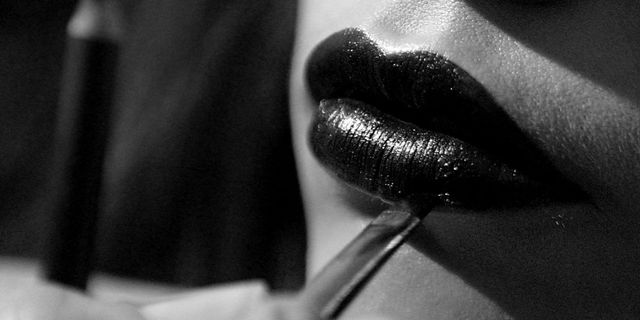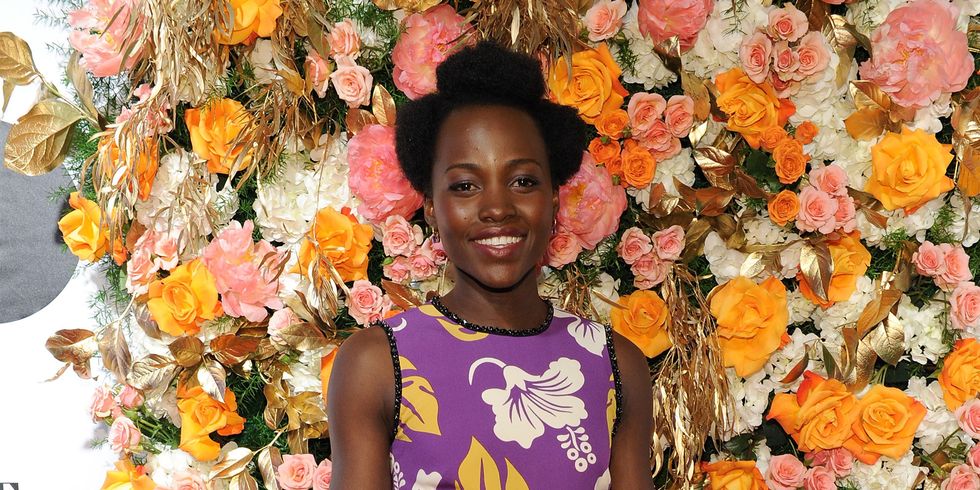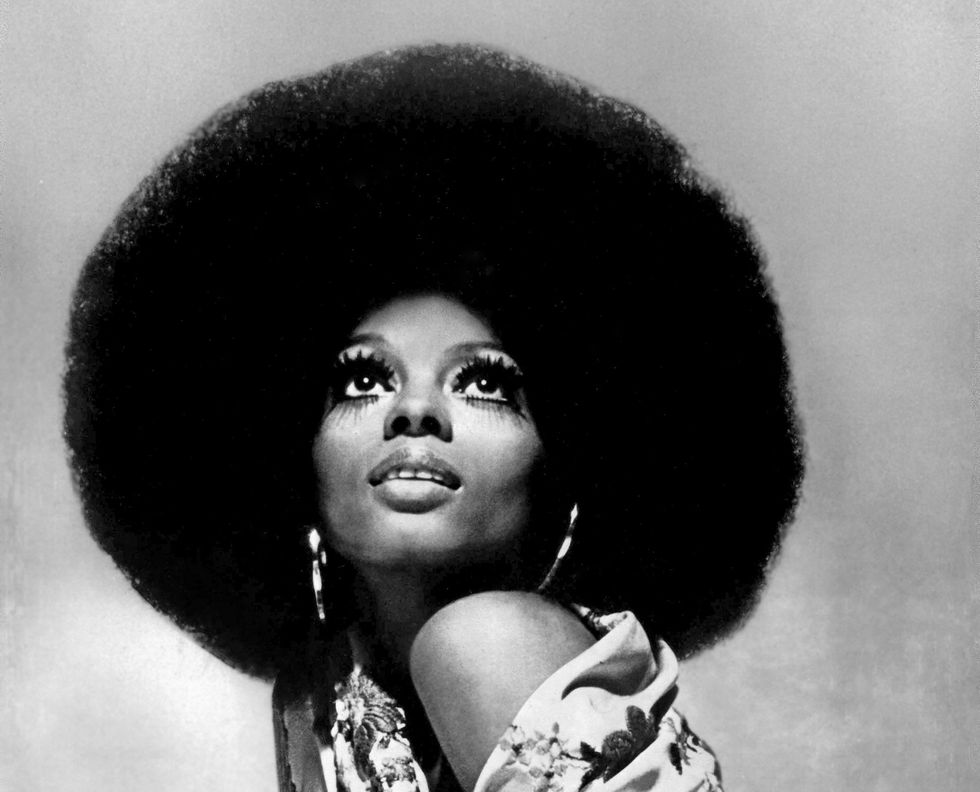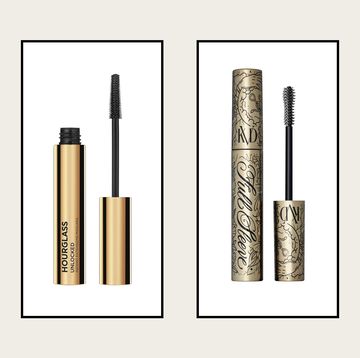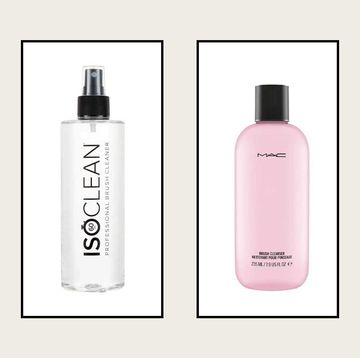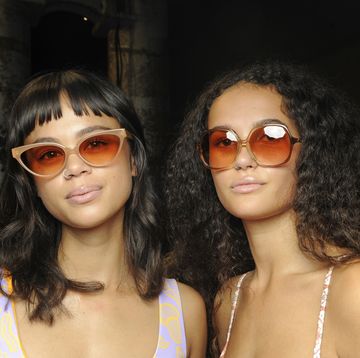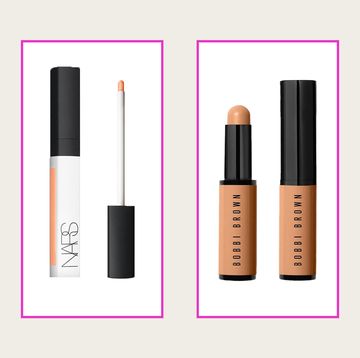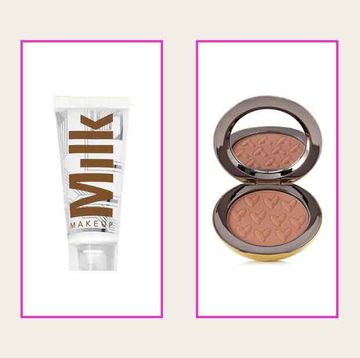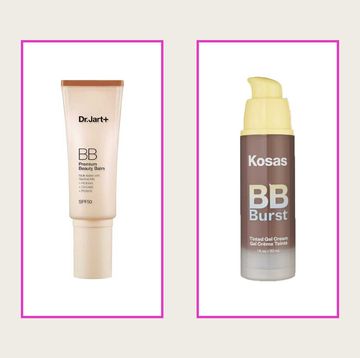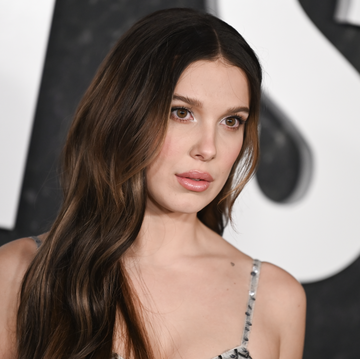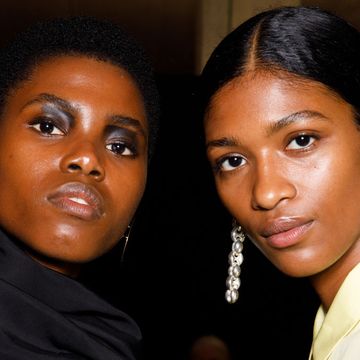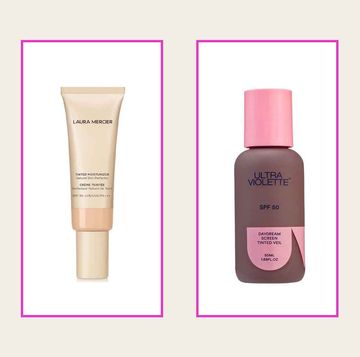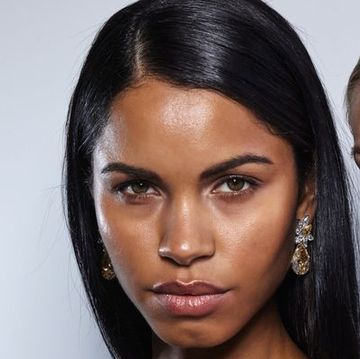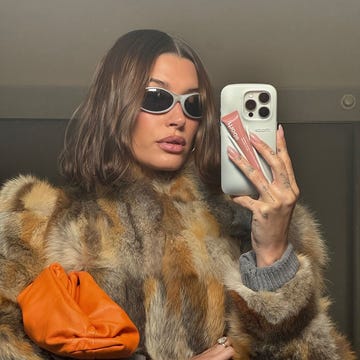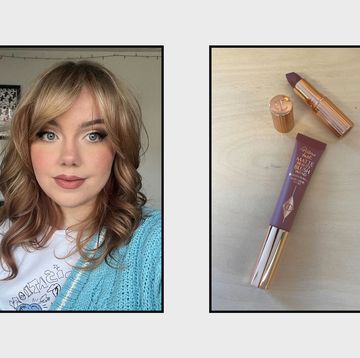If there is one thing I have learnt in my 26 years of living, it is to never underestimate the power of make-up.
The perfect lipstick can instantly make you feel sexy and successful and the right foundation can prepare you to take on the world.
While time has taught me that complete self-confidence can't be found at the bottom of a foundation bottle, through countless shopping trips I have learnt the demoralising lesson that as a dark skinned black woman, I am not guaranteed to find my shade of foundation.
For years, I have navigated my way through the wide aisles of department stores and scoured the shallow shelves of local cosmetic shops in search of that perfect, but elusive foundation.
Yet the more I searched, the more I realised that the difficulty of finding make-up products for my complexion spoke to the erasure that black women experience throughout society.
Growing up, most of the women I watched on my TV screen were at the opposite end of the skin spectrum to me and I experienced pangs of disappointment that the only women deemed worthy to fill the pages of the magazines I bought were beautiful gym-toned white women.
And on the rare occasion, when a black woman was shown in a magazine or beauty advert, she was always of a fairer complexion.
So every time I walk past a Lancôme beauty counter and see Lupita Nyong'o taking pride of place in their beautiful campaigns, my entire body is overcome with a strange sense of pride and joy, because finally there is someone who resembles me being hailed as beautiful.
Yet, in the back of my mind I'm acutely aware that Lupita and Lancôme's partnership is anomaly, as beauty adverts usually feature black women who look like Rihanna and Zoe Saldana, black women who are lighter and well, whiter.
This problem of colourism, where lighter skinned women are favoured over darker skinned women needs to be part of the feminist narrative.
Feminism needs to address why some black women, black women that I know and black women that I feel I know courtesy of YouTube, seem to purchase foundation far too light for their skin in a bid to conform with the notion that lighter skin is more beautiful.
Although I have always fought the temptation to buy a lighter foundation or take things further by using chemicals to lighten my skin, there have been days where I have thought: 'If I was lighter, would I be more beautiful?'
This thought was never more painful than when I watched a L'Oreal commercial featuring Beyoncé. My aunt, who happens to be white, turned to me and asked: 'Would I like to be as light as Beyoncé?'
As you can imagine, the question left me lost for words.
But the bigger question I have is why isn't feminism challenging the beauty industry on its concept of beauty?
With feminism closing its eyes and its ears to the problem of colourism, white women like my aunt feel their white skin is something to aspire to.
Through rejecting the idea that lighter skin is more beautiful and resisting the urge to wear lighter make-up in a bid to feel beautiful, I realised that feminism didn't understand that the intertwined relationship between race and gender creates a different set of obstacles for black women and took my first step in identifying as a black feminist.
However, it wasn't just colourism that pushed me towards black feminism.
The popularity of contouring, the art of using fairer shades of make-up to slim down facial features, presents the problematic message that blackness isn't seen as beauty to be celebrated, as our features are more likely to be broader.
As I watch black beauty bloggers, take pride in slimming down their features in order to look their best, I can't help but watch in dismay, as these women are temporarily erasing their blackness or parts of their black identity.
Trying to make sense of it, I mistakenly looked to feminism for comfort and conversation.
Yet again, I found it was only black feminists who provided critical thought on how an industry directly aimed at women used the intersect of colourism and contouring to create a message that some women are more desirable than others.
While contouring is a relatively new technique in the list of beauty practices that silently creates an untrue inferiority of black women in relation to white woman, hair politics has long played its part.
When beauty adverts market silky, soft, straight (usually blonde) hair as aspirational, my choice to wear my afro can be considered a deviant and political act.
Like many black women, who could possibly reading this, I have often been met with an unfortunate ignorance when my hair is in its natural texture of an afro or in extensions.
In the past, I have made last minute hair appointments, to have straight extensions attached to my head in order to be presentable to potential employees.
I have listened to too many black women describe how they have lost job offers due to their refusal to comply to white standards of beauty by wearing 'traditional black' hairstyles such as cornrows and afros.
Yet feminism still refuses to address this problem. How can a movement for women that advocates against sexism in the workplace, fail to acknowledge that black women have to dilute their black identity to be 'eligible' to even battle sexism in the workplace?
While I understand that beauty may not be the highest issue on everyone's feminist agenda, the reality is that beauty will always be a part of a woman's life journey.
Mainstream feminists have failed black women by not acknowledging our issues, or silencing black women like myself by labelling us as superficial and divisive.
After years of searching in the feminist movement for a nuanced discussion on how the beauty industry discriminates against black women, I was left with one conclusion.
Feminism has a place and rightly so, but I have no place in feminism.
Well I do, but my place is firmly rooted in black feminism.
